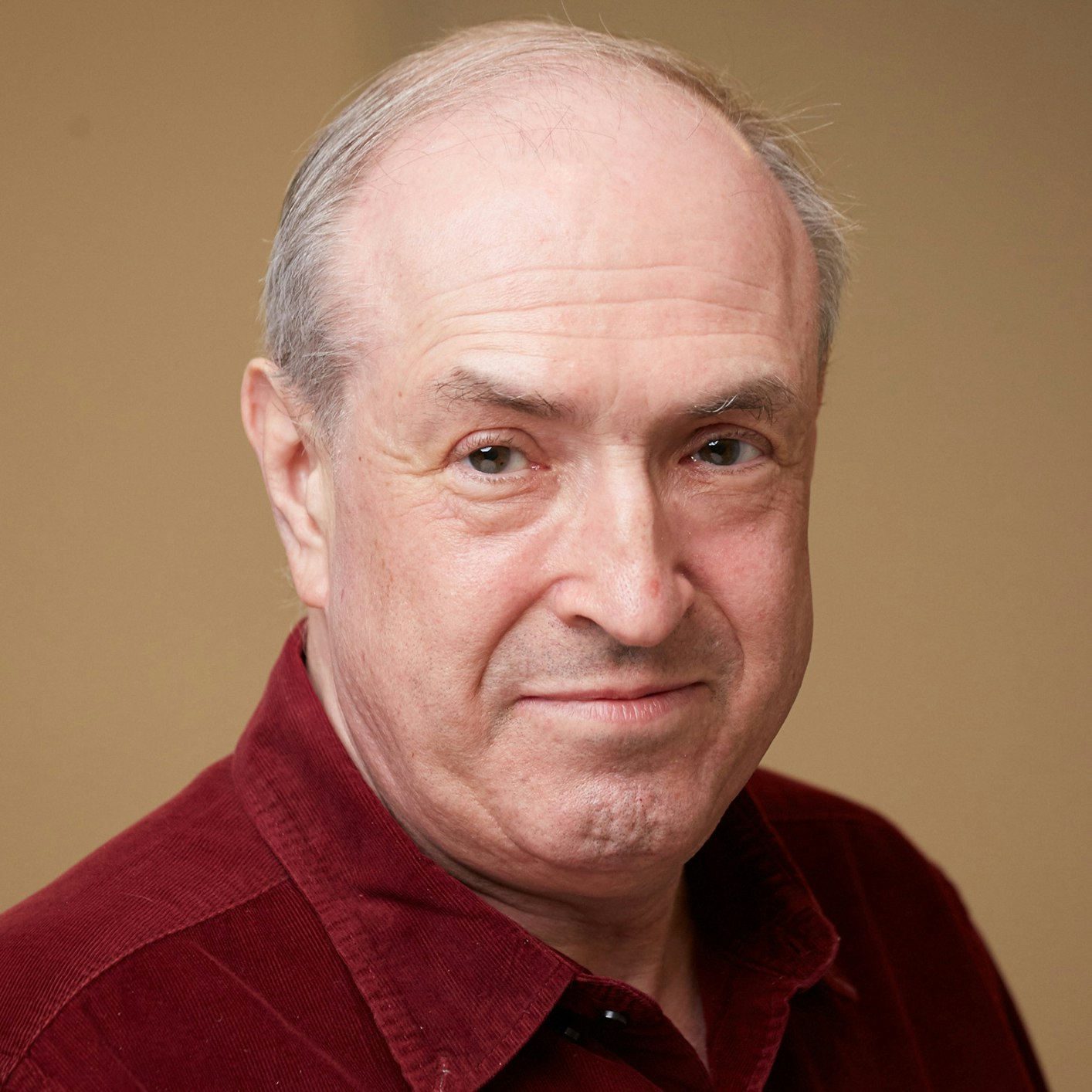Equatorial Guinea: Teodorin’s Celebrations Seem Premature
By Ken Hurwitz
UPDATE: On December 12, 2013, the US Department of Justice filed an in rem lawsuit in the US District Court for the Central District of California, against property owned by Teodorin Obiang in the United States. The new complaint seeks forfeiture of the same property at issue in the previously filed One White Crystal Covered “Bad” Tour Glove case.
Equatorial Guinea’s presidential heir apparent, Teodorin Nguema Obiang, has claimed two recent victories in legal battles linked to global investigations into his alleged involvement in massive corruption in his oil rich, but poverty stricken, home country.
First, he achieved a first round victory in the US Government’s civil asset forfeiture proceeding in Federal District Court in Los Angeles, which seeks to seize a $30 million Malibu beach mansion and other pricey collectibles. Shortly afterward, Interpol rejected the French request for global circulation of an arrest warrant issued by French authorities in connection with the “biens mal acquis” (“illicit enrichment”) investigation in Paris, which also targets Teodorin’s alleged corruption.
But Teodorin should hold back on the celebrations. Both cases are far from over.
On the surface, the US victory looks like a clear win for Teodorin. On August 20, the US Federal District Court in Los Angeles threw out the core of the Department of Justice’s claims against Teodorn. But a closer look shows that DOJ is likely to come back, even stronger.
The federal judge who threw out the case, George H. Wu, did so under a procedural rule that requires, not unreasonably, that the Government must have in its hands a fairly high level of proof—“probable cause” to believe that particular property is related to crime—before it can begin court proceedings to seize people’s property. Judge Wu determined that in this case the DOJ’s April 2011 filing did not meet this standard.
Teodorin’s lawyer, Duane Lyons, gloated that the Government hadn’t even come close to meeting the test, failing, he reportedly said, to identify “a single victim of any criminal activity … an illegal contract or any type of illegal activity.” Lyons claimed the “only thing that the Government was able to present is that the vice president had transferred a significant amount of money.”
But the DOJ was fighting with one hand tied behind its back, permitted to use only the evidence it had obtained by April 26, 2011, the date of the initial complaint.
Since then, however, prosecutors have submitted two amended complaints (October 2011, and June 2012).
Each added important new detail to the tapestry of alleged extortion, misappropriation, and bribery in Equatorial Guinea that DOJ asserts underlay Teodorin’s extravagant life-style. With the publicity around each successive filing, new sources and potential witnesses learned of the case and were moved to come forward to offer their assistance. By now, prosecutors have accumulated a rich cache of documents and other evidence that fill in much of what they could earlier only present in outline. Had Judge Wu been procedurally permitted to take all of this additional information into account, he would almost certainly have ruled in DOJ’s favor.
Though the dismissal is unfortunate, legal observers focused on a second element of the decision, which left DOJ with the option of filing another complaint, this time, including all the massive evidence the Judge was not able to consider on August 20. Judge Wu is poised to give the Government a second shot at a forfeiture complaint, backed up with its full arsenal of evidence: “a dismissal for lack of probable cause in the instant suit would likely not bar the Government from instituting another action based on new evidence.”
Much of the ‘post-April 2011’ information has been disclosed in the record of the case, and hundreds of pages can be reviewed online. We have published key excerpts from the DOJ filing in a briefing paper on our website, with links to the full documents.
A quick survey of some of this material shows that the Government identified numerous first-hand witnesses (including victims) who could with particularity back up the Government’s allegations of large-scale bribery, extortion and misappropriation of government wealth, perpetrated both from Teodorin’s primary perch at the Ministry of Forestry, and beyond.
Ten days after Judge Wu’s decision, the International Criminal Police Organization, Interpol, advised Teodorin’s lawyers that it had removed from its files the international arrest warrant issued in July 2012, arising out of Teodorin’s refusal to submit to questioning in a French corruption investigation, a case that has led to breathtaking seizures of alleged corruption proceeds in Paris, including a $180 million mansion and nine luxury automobiles.
Invoking the international law principle of “absolute jurisdictional immunity to the Heads of States,” the Equatoguinean government declared that Interpol’s actions “confirm that the arrest warrant violates international law.”
In fact, Interpol’s communication to the EG Government is silent as to the grounds for removing the French warrant from the file. According to William Bourdon, of the NGO SHERPA, who represents the civil party in the French case, Interpol’s decision was “purely technical … due to the absence of physical transmission of the arrest warrant by France to Interpol.”
There is a problem which is due to different administrative practices between Interpol and the French authorities, but in the end, nothing has changed....The point is never picked up because there are only very few that raise objections with Interpol the way the Obiang son’s lawyers did.
Equatorial Guinea’s subsequent claim that Interpol’s action “had also been requested by France” is simply wrong. If Teodorin arrives in any of the 26 countries in western Europe, or any other country cooperating with France, he may still face arrest.
The French investigation continues. And Washington has pledged that “the United States will not be a hiding place for the ill-gotten riches of the world’s corrupt leaders.” Teodorin Nguema’s international legal problems aren’t over.

Until November 2021, Ken Hurwitz was senior managing legal officer with the Open Society Justice Initiative.